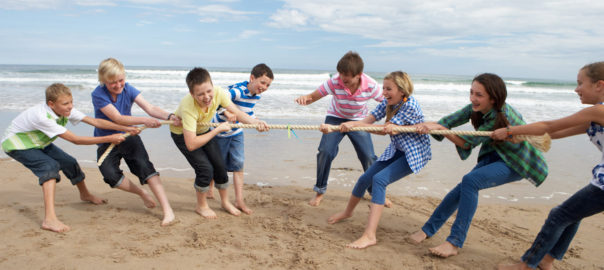As adults, we can all remember that there was at least one friend of ours that our parents did not approve of. Even though they didn’t like them, there was no way we were going to give them up. Now that we have teenagers of our own, it is challenging and scary to see them possibly be negatively influenced by that one “bad seed” in the neighborhood. What is the best way to handle such difficult situation with your teen without them totally alienating you and thinking you are the worst parent in the world?
The first step is to reflect on why you don’t you like that particular friend? Is it their personality, lack of manners or bad attitude? Is the teen participating in high risk behaviors that could potentially influence your teen? Once you have identified the reason why you don’t like their friend that will determine the actions that you need to take. If it is their personality it is best to sit down with your teen and find out what they like about their friend. Also, having conversations with their friend and getting to know them a little more may help you to understand why they act the way that they do. If it is a personality issue you may just end up needing to trust your teen’s decision to be their friend and make the best of it.
If your teen’s friend is participating in substance use, truancy, stealing or other high risk behavior then intervention is needed. When talking with your teen, it is important not to lecture them but to have an open honest conversation. This is a time for you to share with your concerns about their friend’s behavior and how it may affect your son or daughter. By focusing on the behavior and possible negative consequences and not the friend personally will help you in not having your teen “tune you out”. This is a great opportunity for a discussion on what true friendship really is and how importance it is to maintaining a good reputation in school and the community. Guidelines and restrictions may need to be set on when and how your teen may associate with their friend. Telling your teen that they cannot see their friend at all will more likely back fired and cause broken communication and future trust issues.
Whether your teen has great friends or friends that are questionable, it is important to be the home where everyone goes to and feels comfortable. This will allow you to monitor all your teen’s friends and be a positive role model for them in a healthy environment. Teens who are engaging in high risk behaviors will more likely not come over the house as much due to the consistent monitoring, which in turn could affect their relationship with your teen. Remember, the guidance that you provide can impact a teen’s life in ways that you may not be even aware of.
